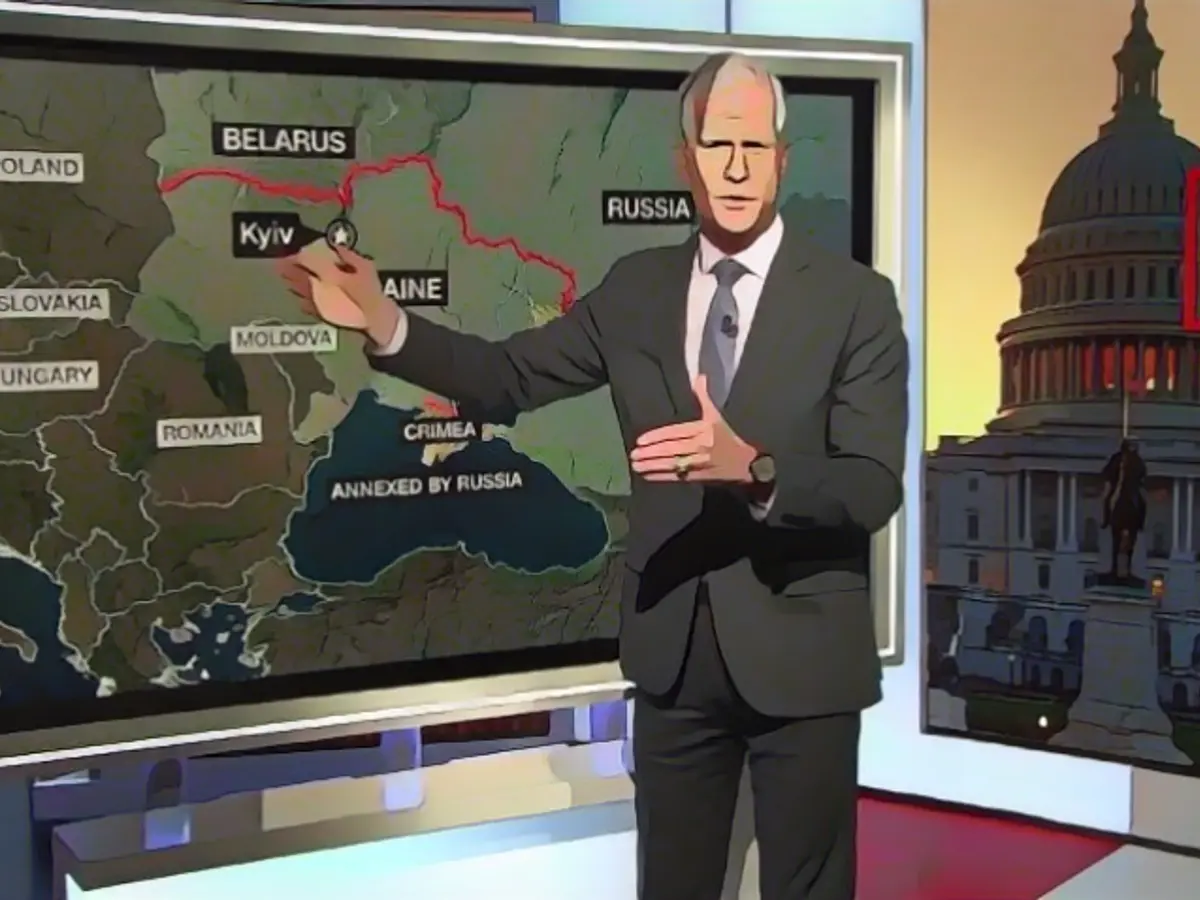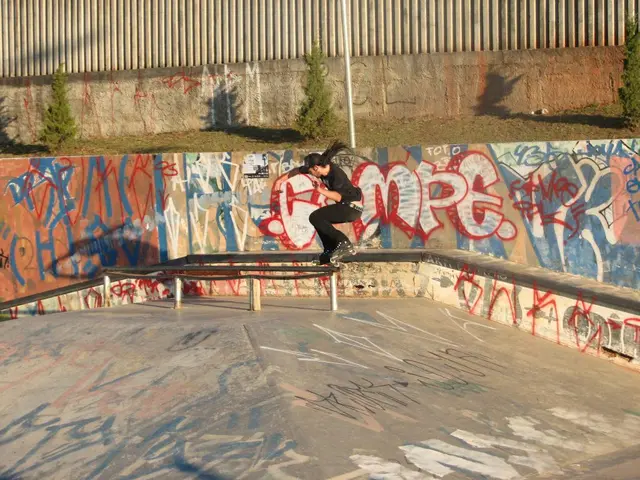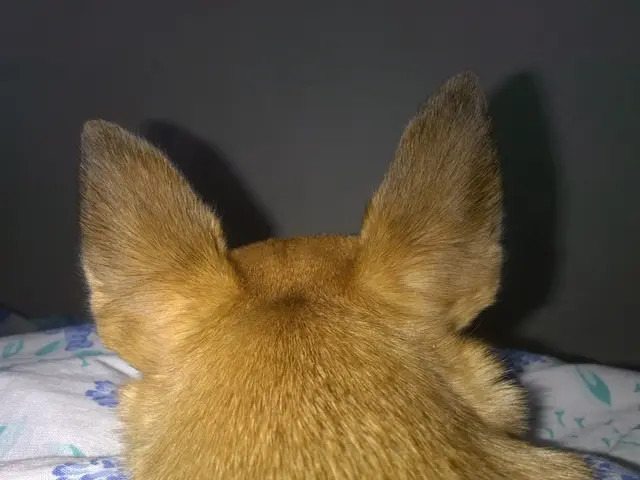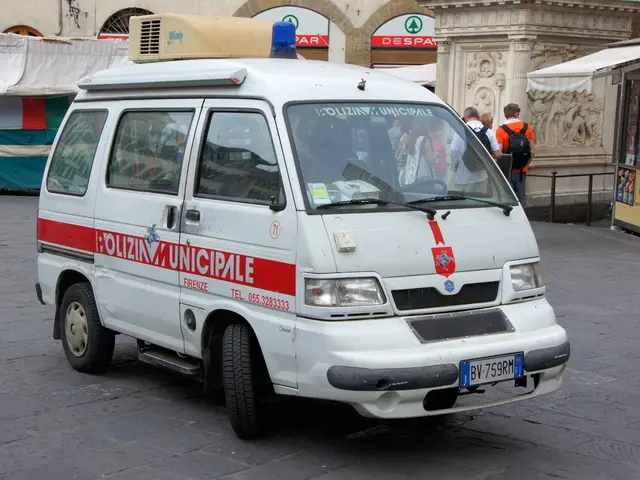In the event of a conflict, some analysts believe Russian President Putin underestimates the potential human losses Ukraine's military could inflict if they invade militarily. Despite international warnings of financial sanctions and diplomatic isolation, Putin appears undeterred. The primary compelling reason to deter Putin might be the costly human toll from Russian losses on the battlefield.
The Ukrainian military, often underestimated, stands stronger than many think. Although a wide-scale attack may be difficult to prevent, Ukrainian forces can still slow down the advance and inflict substantial casualties on Russian troops. This was demonstrated during prior conflicts, such as the 2014 incursion in Eastern Ukraine, where Ukrainian forces successfully countered Russian forces with anti-tank weapons and portable surface-to-air missile systems.
The provision of advanced weaponry, like American-made anti-tank weapons and Stinger missiles, has forced the Russian General Staff to reassess their strategy. Heritage from the Soviet Union and Afghanistan wars has shown the power of these weapons. Although Russian military power is vast, Ukraine's better equipment and experience in countering contemporary Russian tactics might pose a formidable challenge.
Interestingly, Ukraine's GlobalFirepower Ranking is surprisingly high, ranking 22nd globally while Russia holds the second spot. This disparity may make some perceive the conflict as a "David versus Goliath" scenario, but the reality on the battlefield is less clear-cut.
Ukraine's strategy often involves retreating and resisting occupation forces, much like the Taliban did against US and NATO forces in Afghanistan. Civil defense forces are adept at resisting invading forces, and regular weapons training is a common occurrence. This strategy can compel Russia to suffer heavy losses if they underestimate their foe's determination and capabilities.
Many citizens view Putin as an authoritative leader, but his influence is not absolute. Dissent remains a factor, with demonstrations still occurring and influential figures like Alexei Navalny espousing anti-corruption views. Despite the suppression of dissent, it continues to exist.
Russia's public is divided over the conflict, and polls show that while support for Putin is strong, a significant number of military personnel and parents fear a war with Ukraine would harm his image. Critics highlight Russian soldiers' deaths in the 2014 conflict and worry about the potential for more casualties if Russia invades again.
This conflict is not popular among many Russians, as millions have close connections to Ukraine. While Putin may argue that Russia is not its own country, these demographics could pose internal challenges to his military efforts.
In conclusion, the Ukrainian military's ability to inflict substantial casualties on Russian forces has implications that extend beyond the battlefield. This capacity puts psychological, operational, and political pressure on Russia and adds complexity to any future invasion plans. As a result, Ukraine's military readiness may prove to be a deterrent to an invasion, dissuading Putin from launching another incursion.







